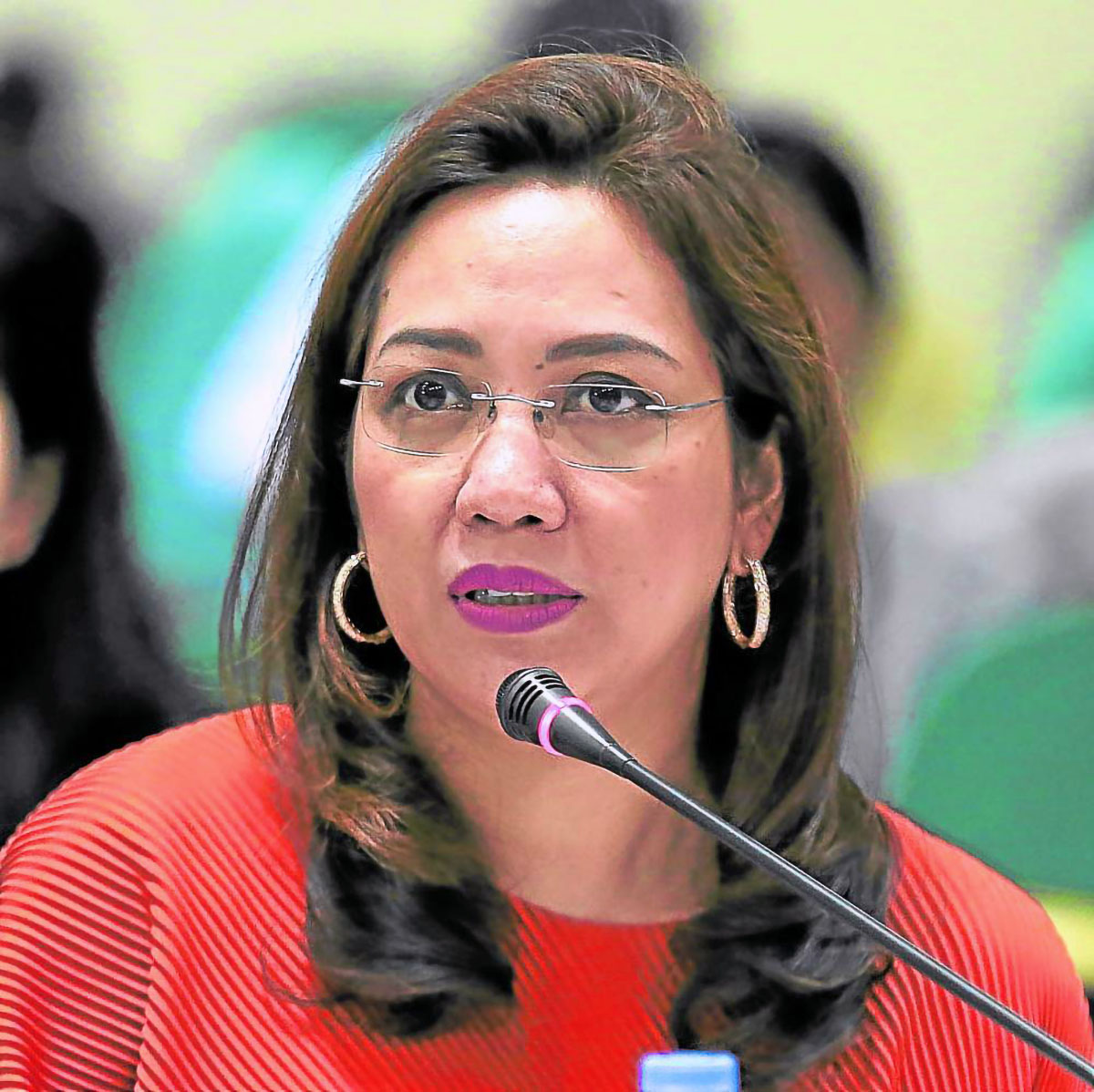
Janette Garin
—INQUIRER FILE PHOTO
Four years after the House of Representatives started an investigation, lawmakers said they would revisit the Philippine Health Insurance Corp.’s (PhilHealth) capitation system which has been linked to corruption and fund mismanagement during the administration of former President Rodrigo Duterte.“What happened?” House Deputy Majority Leader and Iloilo City Rep. Janette Garin, a former health secretary, asked PhilHeath officials about the state insurer’s interim reimbursement mechanism (IRM) program.
Garin questioned why PhilHealth used the premium contributions of its members as capital for private and government hospitals.
“What the previous administration did was use the PhilHealth money. PhilHealth money is not government fund. That’s a fund from PhilHealth members as it is an insurance mechanism,” she said.“The first question here is, was it legal? And I believe that is something this committee should look into because PhilHealth should take good care of its members’ funds,” Garin added.
The solution to complaints IRM was conceived in 2013 amid hospitals’ complaints that they were teetering on the verge of bankruptcy because of the inordinate delay in PhilHealth’s payment of members’ benefits.
Under the scheme, the state insurer advanced P15.5 billion in funds to private and government hospitals during the pandemic.
Repeated congressional investigations, however, showed that the IRM was also used to pay 51 hospitals with fraudulent claims in 2020. It was also reportedly utilized during the COVID-19 pandemic to assist favored health institutions.
PhilHealth officials repeatedly denied claims of favoritism, but have so far failed to explain the supposed payment of fraudulent claims and the alleged use of members’ contributions for political purposes.
Marikina Rep. Stella Quimbo, who presided over the oversight hearing of the House committee on appropriations, questioned the use of P15.5 billion in IRM funds during the Duterte administration.
Disbursements liquidatedGabriela party list Rep. Arlene Brosas, on the other hand, also pointed to accusations that PhilHealth officials pocketed members’ premium contributions.PhilHealth officials had already denied such claims and said that the P15.5 billion in IRM disbursements had already been liquidated. However, the state insurer did not clarify if any of the liquidated disbursements involved fraudulent claims.
“The allegation was that P15.5 billion was allegedly pocketed by PhilHealth officials through fraudulent schemes. This budget was apparently loaned to businessmen and hospital owners when it was actually for the emergency fund for natural disasters,” Brosas said.
“If the current officials are not able to answer us, maybe we will be enlightened if we summon the old officials,” she added.
Acting on a motion by Garin, the committee also ordered PhilHealth to submit all pertinent documents related to IRM, including a list of its officials who are involved in the program.
The lawmakers were told that retired Army Gen. Ricardo Morales was the PhilHealth chief executive officer at the time the IRM was implemented. —Krixia Subingsubing INQ